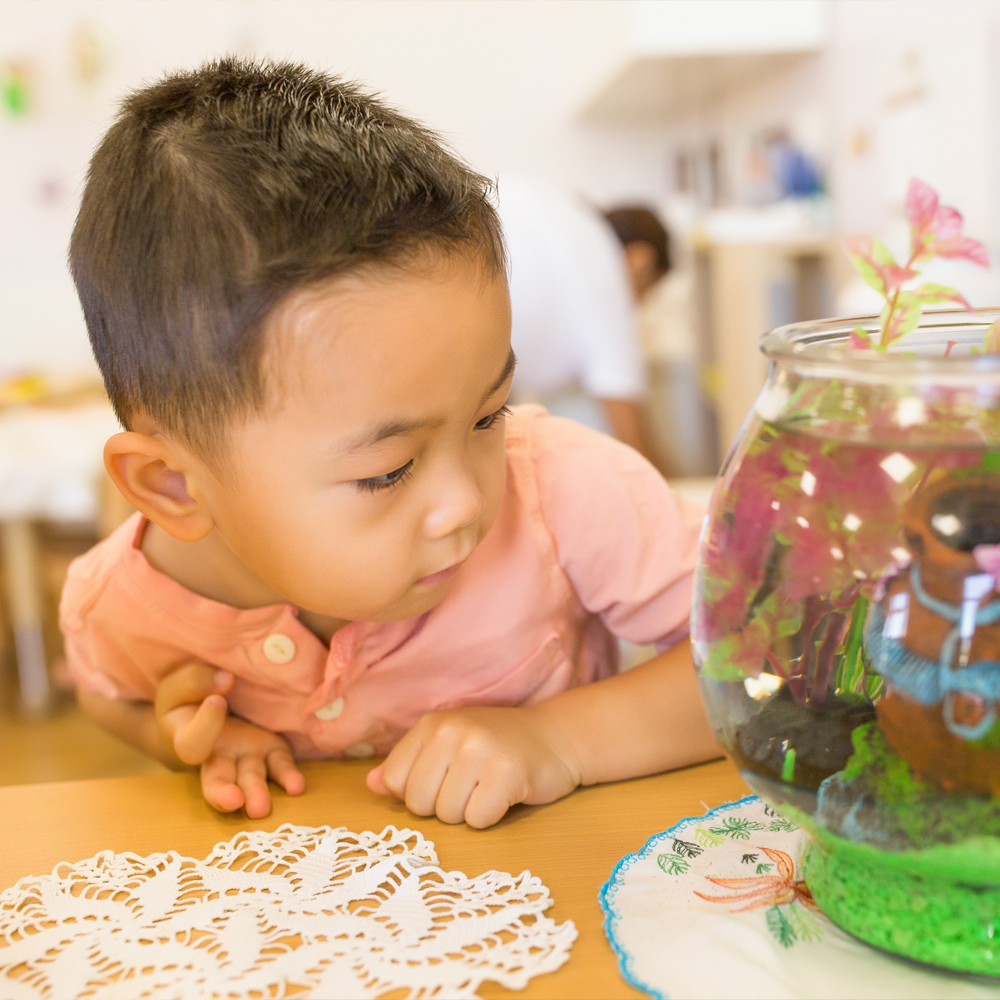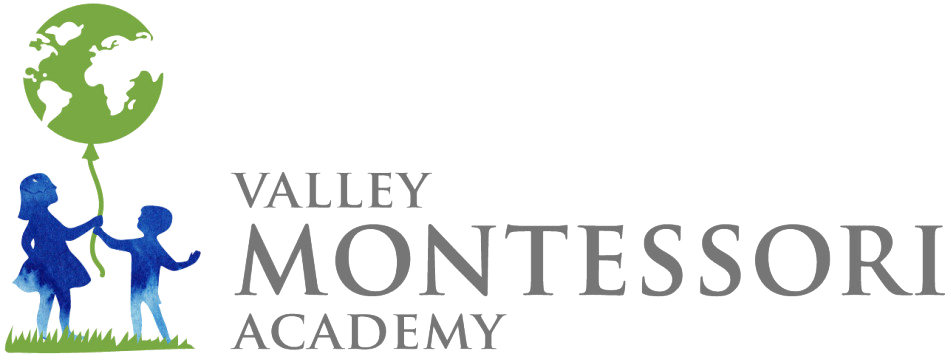Extended Care Program
Thank you for your interest in Valley Montessori Academy Extended Care Program!

Morning Care Program 7:00am – 8:00am
Afternoon Care Program 3:00pm – 4:00pm
The Morning and Afternoon Care Programs are optional programs for parents looking for additional care and enrichment opportunities for their children. These programs are an extension of the children’s Montessori experience with a focus on meeting the needs of specific age groups through meaningful activity, gross motor skills and positive social interactions. Enrollment is subject to availability and should be requested at the time of registration for a school year. At the time of enrollment, parents sign a legal contract agreeing to pay for their Morning and Afternoon Care Program commitment on a monthly, annual or semi-annual basis. Extended care Yearly payment discount is already included. We offer a 10% siblings discount applied for extended care. Limited spaces are available daily for morning and afternoon programs.
For occasional drop-off reservations are taken by email info@valley.com on a first-come, first-served basis, up until 2 pm the day before care is needed for the morning program, and up to 12pm on the day care for the afternoon program. Please, note that once a reservation is made, there are no cancellations or rescheduling, the charge will be applied. Per hour fees are not prorated. Extended Care billing charges will be applied monthly. Extended Care fees are due on the 15th day of the month prior to attendance (i.e. September’s tuition is due on August,15th). *Rates are subject to change.
Mindfulness
Coming Soon
To request a tour, please complete the form “Schedule a Tour” before your visit.
If you have any questions about scheduling a tour or admissions at Valley Montessori Academy please email vmaenrollment@gmail.com
